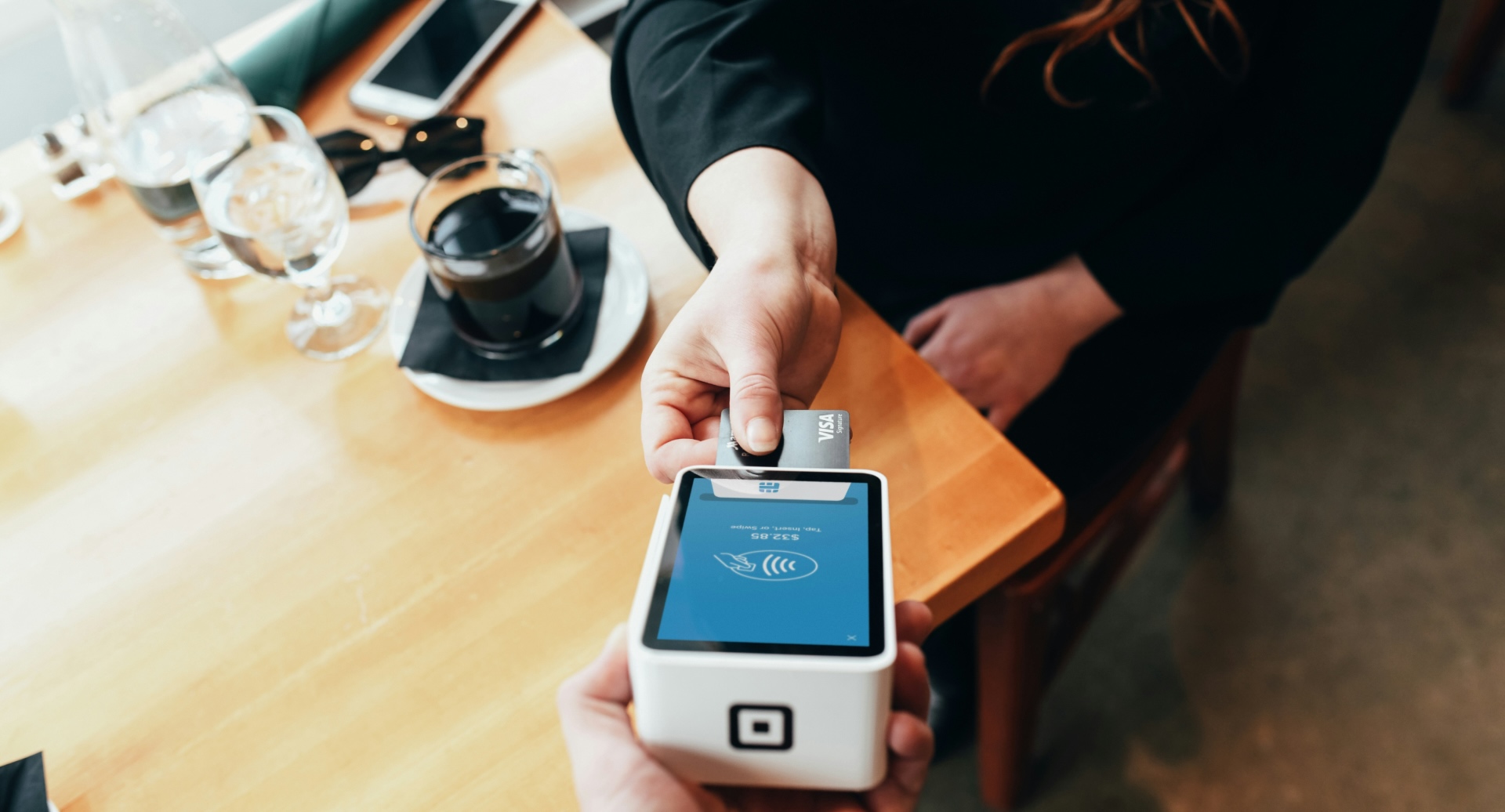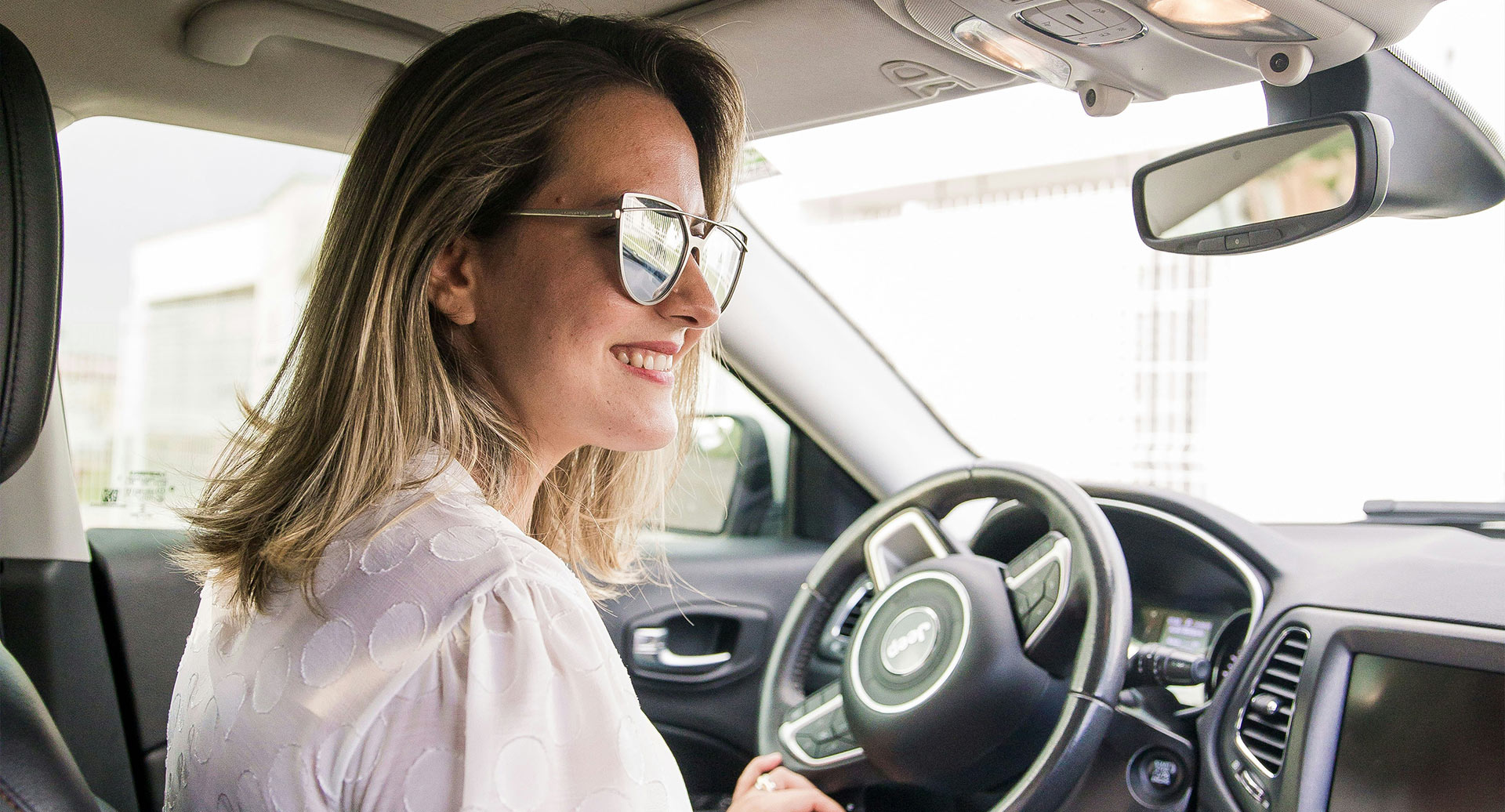Expense claims can mutate into a real time waster and lead to problems if they are not declared correctly. The tax authorities can approve individual expense regulations, provided they adhere to certain guidelines. This can also simplify handling and reduce administration.
The basic idea behind expenses
The basic idea according to Swiss law is simple: the employer must reimburse all expenses incurred by an employee in connection with their work. Expenses are usually reimbursed as tax-free expenses. In Switzerland, the legal basis for the reimbursement of expenses is regulated in the Swiss Code of Obligations in Article 327ff.
Switzerland recognises two types of expenses, so-called lump-sum expenses and actual expenses. As the names suggest, flat-rate expenses are paid as a lump sum, while actual expenses are calculated on the basis of the actual expenses incurred. Reimbursement is based on receipts or invoices for the corresponding expenses. An exception is the kilometre allowance for the use of a private vehicle.
How high can expenses actually be?
With regard to lump-sum expenses, you should be guided by the SSK (Swiss Tax Conference) circular. These currently provide for lump-sum expenses of around 3 to 5 per cent of the gross salary for executive employees, but with a maximum of CHF 24,000.00 per year. Regardless of whether actual or lump-sum expenses are charged, there are three items that can always be charged as a lump sum.
- Main meal (lunch or dinner) of max. CHF 30.00
- Car expenses (private car) of max. CHF 0.70 per kilometre
- Minor expenses in the form of a daily flat rate of CHF 20.00
What are the benefits of expense regulations?
In practice, the amount and types of expenses can vary depending on the industry, position or area of activity. Many companies define their own guidelines in their personnel or expense regulations, which may deviate from the statutory flat rates. Expense regulations are also an important tool for defining cost-conscious and standardised rules for handling expenses for a company. They also prevent possible ambiguities with regard to the reimbursement of expenses, such as the choice of class for train and air travel or the quality standard of hotels.
The most popular fringe benefit – private car for business use or business car for private use
However, by far the most question marks are raised by expenses relating to the use of a private car for business purposes. Due to the fact that travelling expenses are generally tax-free, high mileage for business trips can be interesting depending on the circumstances. It is therefore hardly surprising that the most frequently used flat rate is the kilometre allowance and that, according to an analysis by SAP Switzerland, around 38 percent round up the number of kilometres. But what exactly applies to the car – private or business?
The private use of a company car
The private use of business assets such as a business car must be recognised correctly for accounting and tax purposes. The costs of purchase and operation must be allocated accordingly to the two types of use. With regard to the private portion, the employee is charged 0.9 per cent of the purchase price excluding VAT, but at least CHF 150.00 per month as taxable salary.
The business use of a private car
The mileage allowance that you can claim for the business use of your private car is CHF 0.70 per kilometre and covers all costs such as fuel, repairs and insurance as a lump sum. No further cost sharing by the company is provided for or permitted. The daily commute to work is always considered a private journey and cannot be declared as an expense. However, if you travel directly from your home office or place of residence to a customer, for example, or directly from the customer without stopping off at the office and then travelling home, this journey can be claimed as an expense, as the journey counts as working time. For regular journeys, it is advisable to keep a logbook with a clear separation of private and business journeys. Today, digital solutions with a direct link to expense management are also available for this purpose.
In principle, the law requires that the use of a private car must result in significant cost or time savings compared to the use of public transport or that the use of the car was necessary for representative reasons. If you are self-employed and use more than half of your private car for the company, the car should be allocated to the business assets of the sole proprietorship at the time of purchase.
The following applies to private cars: receipts such as petrol receipts, costs for service, taxes, insurance, etc. may not be posted as business expenses, as these are clearly private expenses.
Simplify approved expense regulations and digital processes
Expense regulations approved by the cantonal tax administration are beneficial in many respects for both the company and its employees. We recommend drafting expense regulations in accordance with the model regulations of the Swiss Tax Conference. Approval by the canton of domicile then includes the determination of both actual and flat-rate expense allowances. To simplify expense reports, you will also find digital solutions in many accounting programmes.
Are you considering applying to the tax authorities for expense regulations or introducing expense regulations for your company? At Experfina, we are available to answer all your questions about expenses and their accounting. Contact us for an initial consultation.



